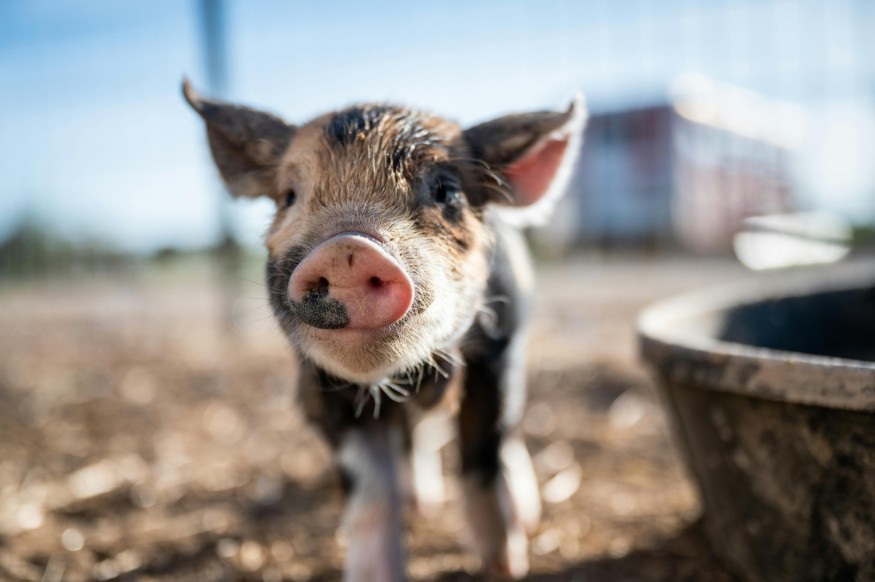
Researchers warned that the spread of African swine fever (ASF) is decimating wild pig populations in Borneo, endangering the livelihoods of millions who rely on them for food.
With a fatality rate of almost 100%, ASF has swept across Asia, Europe, and Africa, devastating domestic and wild pig populations over the past 10 to 20 years.
Decline In Population
The impacts are especially significant in Borneo, in southeast Asia, where bearded pig numbers have declined by between 90% and 100% since it arrived on the island in 2021, researchers said.
These pigs were originally the most frequent big animal species on the island, performing an essential role as ecosystem engineers by distributing seeds over long distances.
Prof. Erik Meijaard, the lead author of a letter and former chair of the IUCN Wild Pigs Specialist Group, said they observed that the pigs are disappearing since ASF affected the country.
"I've gone around to everyone doing camera trapping in Borneo, and consistently we're seeing pigs disappearing. They haven't seen pigs on camera traps for years," said Meijaard.
He also watched seven camera surveillance videos in Malaysia, Indonesia, and Brunei and discovered that their pig populations decreased in 2019 and 2020.
Read Also : Wild Boar Population Increases in Warsaw, Other Polish Cities; Increasing Risk of African Swine Fever
Critically Endangered
Meijaard believes that due to ASF, the bearded pig may need to be relisted from vulnerable to critically endangered.
The scientists found little evidence that wild pig populations would fully recover in Borneo or other southeast Asian islands such as Java and Sumatra in Indonesia, Timor-Leste, or the Philippines.
The extinction of wild pigs can have far-reaching consequences for the entire ecosystem. Bearded pigs disseminate tree seeds by eating fruits and migrating long distances, defecating them throughout the forest.
They also use their snouts to turn over dirt, which removes vegetation and provides tree roots with more soil nutrients. Borneo's forests are among the world's most diverse ecosystems, yet only 50% of them survive due to decades of logging and agriculture expansion, particularly palm oil plantations.
In Borneo, the loss of bearded pigs is already having a significant impact on the cultures and communities that rely on them for food. According to local surveys, bearded pigs used to account for 81% of hunted wildlife by weight in some areas. That number is now closer to zero.
"Although African swine fever has garnered substantial attention in countries with major pork industries, its effects in Borneo have been largely overlooked. The loss of pigs disrupts food security and ecosystems and threatens other endangered wildlife," the researchers said.
Meijaard stressed that people are just completely reliant on access to wild and feral pigs for their protein needs, so it threatens food security and touches on the poverty issue.
The scientists called for immediate research and treatments while realizing the consequences for communities. The letter emphasized the importance of preventing the spread of ASF to other regions.
Ongoing clinical experiments to create an effective vaccination against ASF are yielding good results; however, experts stated that a vaccine was only relevant for farmed pigs.
Related Article : African Swine Fever Threat in US: Simulation Study Reveals the Challenges and Costs of Containing an Outbreak
© 2025 NatureWorldNews.com All rights reserved. Do not reproduce without permission.





